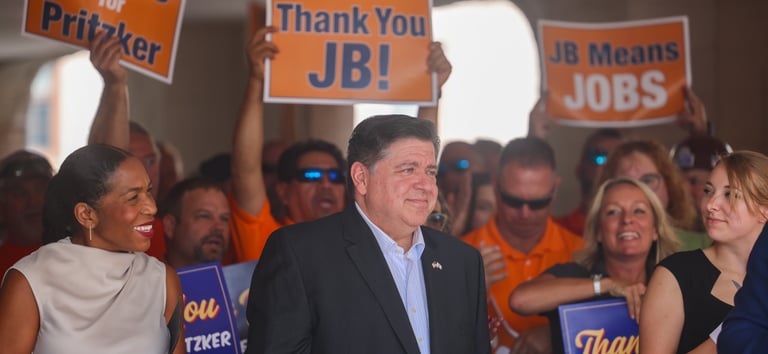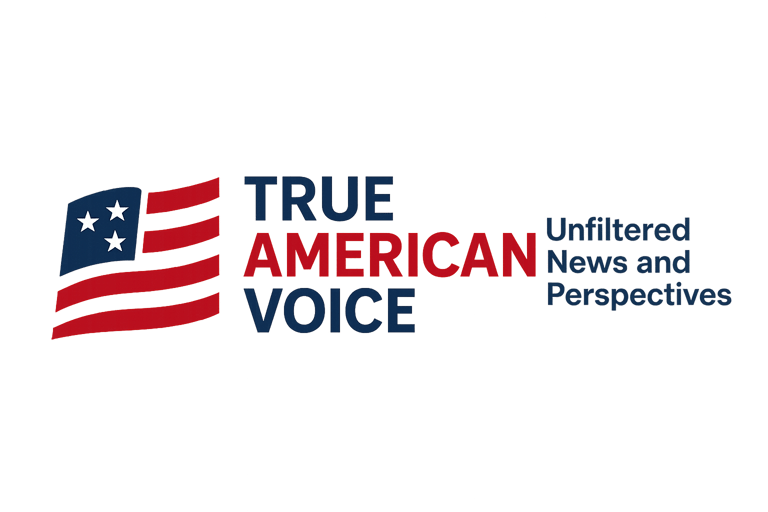Illinois Strengthens Worker Protections: What It Means for You and Your Job
A friendly, detailed look at new Illinois laws signed by Governor Pritzker that safeguard employee rights, fair wages, safety standards, and more.
8/14/20253 min read
Hi friends, let’s gather around and talk about something that matters deeply to all of us—our rights at work. Illinois just took a big step forward. Governor J.B. Pritzker signed a stack of new laws that boost protections for hardworking Illinoisans. Whether you work construction, a desk job, or a gig, these updates are meant to improve safety, pay, fairness, and peace of mind. Let’s dive in.
1. Protecting Against Federal Rollbacks with the Illinois Workers’ Rights and Safety Act, SB1976
First up, SB1976 passed the Illinois legislature and was officially signed today. This important law codifies federal safety standards in state law. That means if a federal rule is weakened or removed, Illinois will step in and create its own version to keep worker protections in place. It covers things like occupational safety rules and wage standards from laws such as the Fair Labor Standards Act. Essentially it ensures that vital protections—no matter what happens at the national level—will not be lost in our state.
2. Fair Pay Guaranteed by Prevailing Wage Reforms via HB1189
If you work on construction projects funded by the federal government but administered locally, this one’s for you. HB1189 was passed to require employers to pay Illinois’s prevailing wage when it is higher than the federal rate. Rather than workers waiting around for federal updates, Illinois makes sure you get fair compensation right away.
3. Closing Gaps in Equal Pay and Apprentice Benefits with HB2488
HB2488 removes federal references in the Illinois Equal Pay Act so that changes at the federal level can’t erode equal pay laws protecting women and people of color in our state. The law also clarifies that apprentices are entitled to the same rate of fringe benefits as journeymen in the construction industry, closing a long-standing loophole.
4. Enforcing Civil Rights and Fighting Employer Retaliation through HB5561
Attorney General Kwame Raoul pushed a new law through that strengthens protections against retaliation when employees report unsafe or illegal practices. Under HB5561, employees are now explicitly protected from being blacklisted or facing immigration-related threats for speaking up. The law amplifies the authority of the Attorney General’s Workplace Rights Bureau to investigate and sue in retaliation cases.
5. Transparency and Accountability: Pay Stub Records & Personnel Files
Effective January 2025, new amendments to the Illinois Personnel Record Review Act mean employers must retain pay stubs for at least three years and provide copies to employees on request. Employers must also hand over relevant personnel documents such as performance reviews, contracts, handbooks and policies when employees ask. This brings a whole new level of transparency to the workplace.
6. Say No to Forced Political or Religious Meetings: The Worker Freedom of Speech Act
Remember those awkward mandatory meetings where bosses push political or religious agendas? Thanks to SB3649, Illinois employees now have the right to opt out with no pay reductions or come-back from their employer. That keeps workplaces free from forced persuasion.
7. Pay Transparency in Job Postings
As of January 2025, job ads in Illinois must include both the salary range and benefits offered. This applies to remote and in-state roles alike. This helps level the playing field and narrow wage gaps—making pay expectations crystal clear from the start.
8. Minimum Wage Now $15/hr
Illinois completed its transition to a $15 per hour minimum wage on January 1, 2025. That means more financial security for workers across sectors. It’s a promise long in the making—and it’s here now.
9. Paid Leave for Any Reason
Since January 2024 Illinois workers earn one hour of paid leave for every 40 hours worked, up to 40 hours annually. The best part is that you do not need to give a reason or explain yourself. This makes taking time off for personal or family needs easier.
10. Phasing Out Sub-Minimum Wage for Disabled Workers
Governor Pritzker signed HB793, a law that ends the sub-minimum wages for workers with disabilities by 2030. Organizations using 14(c) certificates must now start paying at least the state minimum wage. A special transition grant and task force ensure the shift is fair and sustainable.


